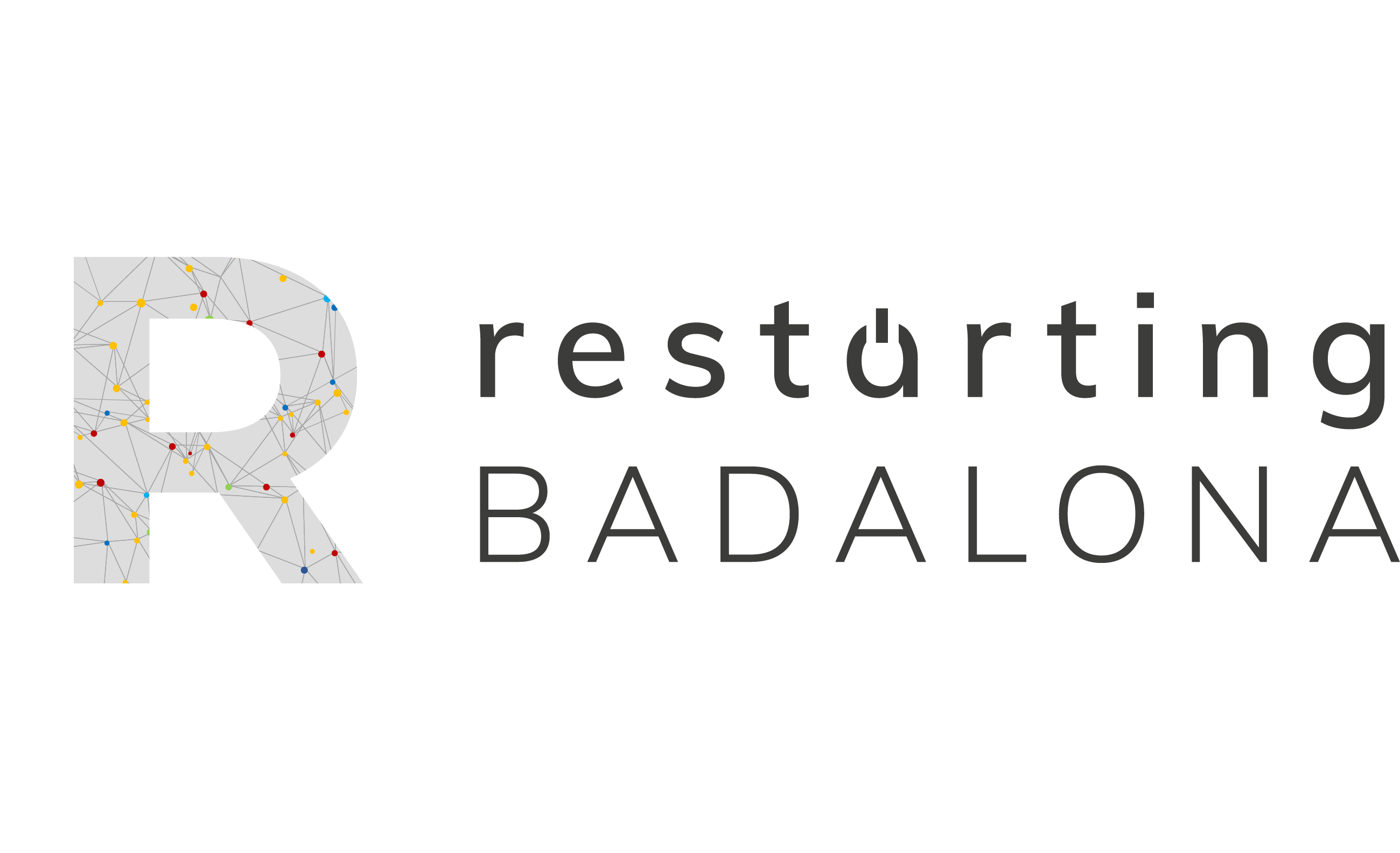
What do Raphael and the owner of a retail chain and franchise number 1 in Europe have to do with it? And what do the attitudes and actions of both have to do with youth employability and that of people who are already over fifty?
I ask myself these questions based on the experience of having lived the concert of one and the testimony of the other, explained by one of his directors a few days ago. In Cap Roig I saw an artist who knows how to squeeze what remains of his voice and physique in two hours of performance who, at 78 years old, has a lot of merit. And when you ask yourself how he does it, the answer to you is the woman hearing him say that, seven years ago, Pablo López discovered when he was a boy from Operación Triunfo and that he always thought he would ask him for the lyrics for his new album. And that he has done it now that he prepares one, about to get an eight to the left of his age. This attitude is what makes the artist follow and points out one of the key values that post-pandemic society needs to promote young people and keep seniors connected to the present.
The other attitude is the one that emerges from the question that the owner of a major chain of stores in the world said to his franchisees in a recent meeting: “Have you guys seen each other? Have we seen each other? We have been the same for 30 years and we need to incorporate young people to help us keep the business at the top ”.
Raphael and “Mr. Retail” are clear that they need young people. They do not want to leave work, or retire, nor do they believe that they are no longer useful. They just think that, to stay good at what they do, they need people to help them, to make them see things differently.
Fortunately, this attitude is very common in many places and in many companies. Those who are experts, there comes a time that, if they think about it, they realize that they do not have enough knowledge of their lot, but must incorporate talent that helps them to know more. And there is a good synergy for each other. Some because they are still alive and leading, and others because they become professionals with a career to develop in companies that want to stay alive.
We lack people who know trades, many companies do not find what they need and many young people study what is not in demand
The problem in this country, and it is very big, we have when this transfer of talent and knowledge does not exist or is not sufficiently encouraged. When we look at jobs that we won’t be able to try until their owners decide to retire. Or when we see that not enough places are created to relieve and accompany the last professional stages of seniors in the public administration. Or when the places that are created have nothing to do with the needs of the world we live in, or not even the studies that our children do. Or when college cut scores discourage key professions amid a pandemic.
We also see this problem when facing the challenge of incorporating into the labor market young people who have failed in their studies and who do not work either. Or the seniors who have seen “the factory of a lifetime” close at 50 years of age. Society has a huge problem with Europe’s leading unemployment rate for youth and non-youth unemployment. There is talk of 30% and 20% … Curiously, in an aging country that should be incorporating youth into the job market. But it doesn’t. And why doesn’t it? Such is the regulation, which prevents a kid who will not study from going to work if he is less than 16 years old. Or perhaps it is that the courses are not adapted to the needs of the companies, or that the companies do not have incentives for depending on what contracts they have to do. Or that it would probably be more useful to put a young man together with a veteran and a plastic injection machine than to put a young man on a course to justify that he does a course that will not solve his life path.
There will be a thousand studies and a thousand professionals capable of responding to the complexity, but I only know how to describe what happens. That we lack people who know trades, that many companies do not find what they need, that many young people study what is not in demand and that regulation, so guaranteeing, discourages both from meeting. Rethinking access to the world of work is a necessity, and applying the saying that “if we do the same, we will repeat the same results”, too. In civil society we have proactive examples when it comes to finding entrepreneurs and businessmen, or workers and companies. There have been relevant people who have organized global or local networks to encourage meeting points, and they have often done so without going through accounts with the administration or asking it to adapt regulations and leave room for understanding between individuals. This is the case of Netmentora, a network founded by André Mulliez, one of the most important entrepreneurs in France, who organized an exchange network to promote entrepreneurship around the world, or of the Brazilian Adair Meira and his young values project, which has mobilized 200,000 young people and companies in the country in a combination of work and training in real time and work space through the foundation he presides, and with the support of the legislative branch.
There are ways to deal with the employment crisis in this country, but raphaelist attitudes are needed. The desire to do it, vision to incorporate talent, push to get out of comfort zones and generosity to accept that until today we have not achieved it. You have to connect generations, and I sense that the secret is to do it without much intermediaries.
Ferran Falcó, president of the Restarting Badalona association



